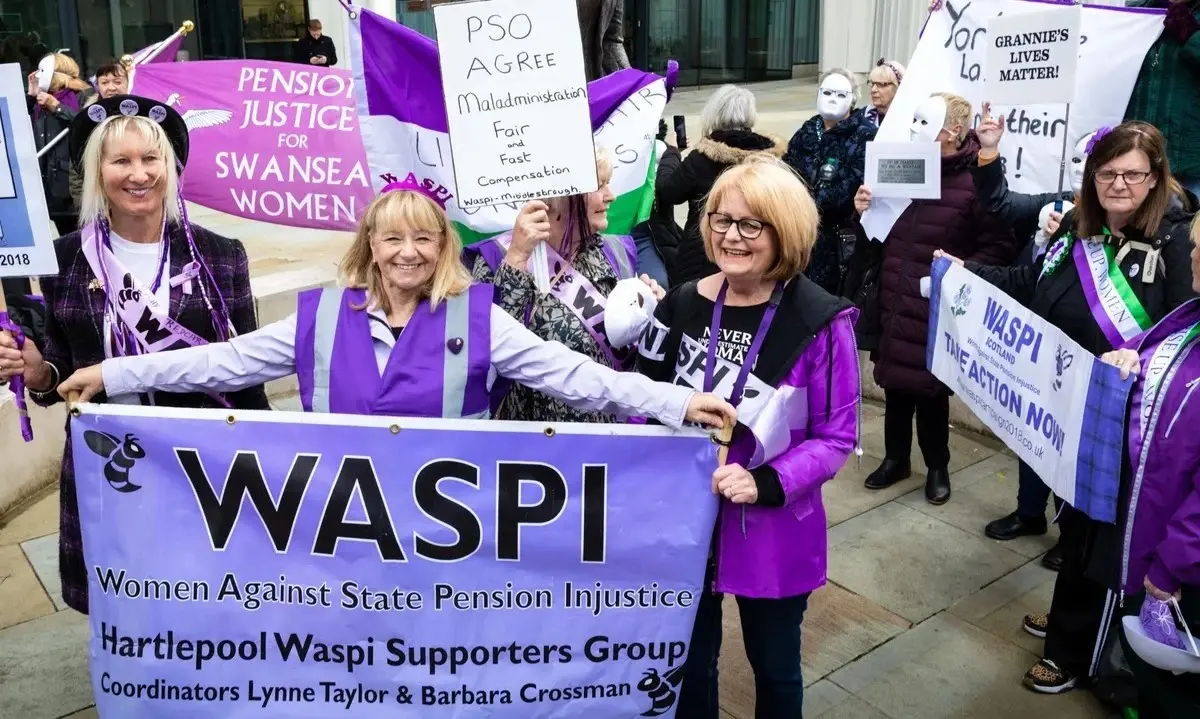Women born in the 1950s are finally set to receive recognition for the hardship caused by sudden changes to the State Pension age. For years, many expected to retire at 60, only to be told their pension age had been pushed back to 66. The lack of clear notice left thousands struggling to cope financially and emotionally. Now, after years of campaigning, the government has confirmed that eligible women will get a one-off tax-free payment of £2,950 by September 2025.
Why the Pension Age Change Was a Problem
The issue goes back to the 1995 and 2011 Pensions Acts, which aimed to bring equality between men and women by raising the pension age. While the policy itself wasn’t disputed, the real problem was poor communication. Many women only discovered the increase in their 50s, far too late to make financial plans or adjust their retirement savings. Instead of enjoying the retirement they expected, they faced extra years of work, loss of income, and in some cases, reliance on benefits just to get by. This is what gave rise to the WASPI campaign Women Against State Pension Inequality which has fought tirelessly for compensation.
Ombudsman’s Report Government at Fault

In 2023, the Parliamentary and Health Service Ombudsman (PHSO) published its findings after investigating how the Department for Work and Pensions (DWP) handled the pension age changes. The Ombudsman found that the DWP failed to properly inform women, describing this as maladministration. As a result, it recommended compensation of around £2,950 for each woman affected. Although the Ombudsman cannot legally force ministers to pay, the report increased political pressure. Eventually, the government accepted the recommendation, confirming that women would receive a one-off payment.
What the £2,950 Payment Means
The compensation is not designed to replace years of lost pension income but to acknowledge the distress and financial challenges caused by poor communication. The confirmed amount is £2,950 and it will be a one-off, tax-free payment. Women born in the 1950s who were affected by the pension age rise will be eligible, with payments expected to be made by September 2025. Women will not need to apply for the compensation, as the DWP has said the process will be automatic. However, it is strongly advised that those expecting the payment check their State Pension records, ensure their address is correct, and confirm that their bank details are up to date. This can be done through the official government website at gov.uk/check-state-pension.
How Campaigners Have Reacted
The reaction to the announcement has been mixed. On one side, campaigners welcome it as proof that years of pressure have paid off and that the government is finally acknowledging the injustice. For them, the payment represents a hard-fought victory after years of struggle. On the other side, many believe the amount is far too small. Some women missed out on tens of thousands of pounds in pension payments. For them, £2,950 feels more like a token gesture than fair compensation. The WASPI group has said it will continue fighting for larger payments, arguing that this settlement does not fully reflect the hardship women endured.
What Affected Women Should Do Now
For women expecting the payout, the most important step is to make sure their DWP records are accurate. This includes checking their pension details, updating their address, and ensuring their bank details are correct. Since the process will be automatic, women do not need to apply for the money, but having up-to-date records will help avoid delays when payments begin in 2025. It is also worth keeping an eye on official updates from the government through gov.uk, where further details about the rollout will be announced.
A Step Forward, But Still a Long Way to Go
The £2,950 compensation is a milestone after years of campaigning. For many women, it feels like recognition that the government failed them. But it also highlights how much has been lost and how far campaigners still have to go. While this payout won’t erase the financial hardship or emotional distress, it marks the first time the government has formally accepted responsibility. And for thousands of women across the UK, that acknowledgment alone is an important step forward.



